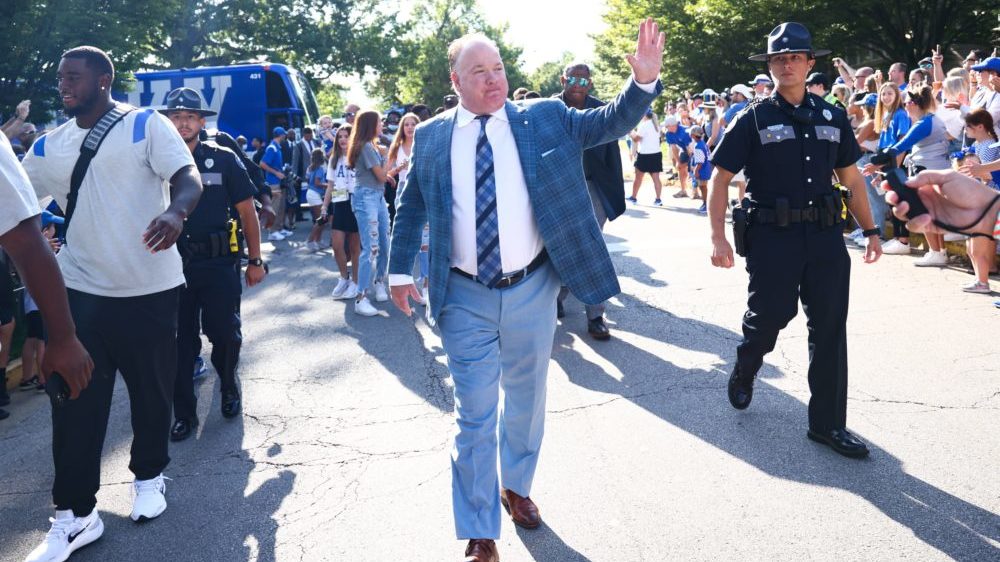
Mark Stoops says whatever NIL brings, Kentucky will adapt. (Photo by Vicky Graff)
If you caught my last article you know I was discussing the impact of name, image and likeness (NIL) agreements across all college sports. If you missed the article you can see it here.
For this article I’m going to provide some quotes from well respected and very recognizable college coaches and media members that cover college sports.
Let’s start with Nick Saban, Alabama football coach and the main man in college sports these days. Saban, in a recent interview, said about his opinion of the current state of NIL for college athletes:
“We now have an NFL model with no contracts, but everybody has free agency. It’s fine for players to get money. I’m all for that. I’m not against that. But there also has to be some responsibility on both ends, which you could call a contract. So that you have an opportunity to develop people in a way that’s going to help them be successful.”
Saban has an interesting point here. In a professional league like the NFL players have contracts that bind them to a certain organization for a period of time in exchange for a certain amount of money. In college that does not exist. Players are free to take NIL money from whomever they choose, receive development from their chosen university through highly paid coaching staffs and trainers and use very expensive equipment and facilities paid for by the university without ever making a long term contractual commitment to the university.
I realize the counterargument is that universities do not pay players for athletic participation and college scholarships are only guaranteed for one year and renewable every year at the university’s discretion. So it appears that at this point, under the current situation, both the university and the player are in untenable positions — the player because the scholarship is only guaranteed for one year and the university because with the elimination of transfer limitations they have no contract that guarantees anything.
Another issue with this whole NIL scenario is players that for whatever reason don’t get to financially benefit from NIL agreements? After all, in a team sport it takes every player to help make every other player successful.
“We give everybody the same medical care, academic support, food service. Same scholarship. So if we’re going to do this, then everybody is going to benefit equally. I’m not going to create a caste system on our team,” Saban said.
But therein lies the rub. Some players may always be shopping the market and looking for more money somewhere else — sometimes to the detriment of their teammates and chosen university.
“You’re going to have kids out there that say, ‘Well, I can get a better deal going someplace else,’ and they’ll go there. There is no salary cap. So whatever school decides they want to pay the most, they have the best chance to have the best team. And that’s never been college football, either,” Saban said.
So it sounds like Saban is not completely on board with the current NIL system. But what about other college coaches?
Here’s the perspective from another big time college coach — Dabo Swinney from Clemson. Swinney recently said this about the current NIL situation, “There’s no rules, no guidance, no nothing. It’s out of control. It’s not sustainable. It’s an absolute mess and a train wreck, and the kids are going to be the ones who suffer in the end. There are going to be a lot of kids that end up with no degrees and make decisions based on the wrong things. There are going to be a lot of decisions based on short-term stuff, and they’re going to sacrifice the long-term value of education, relationships and connectivity. It will settle out eventually.
“But, no, it’s not what it was supposed to be. The intention is very good. I love the fact that these guys can go make some money on their name, image and likeness if that’s what they want to do. But the way it’s set up right now is definitely not how it was intended. Just like most things, there are always unintended consequences, and unfortunately, the kids will be the ones to pay the price because you’ve got a lot of really young people that are having to grow up really, really fast.”
So it’s interesting that Kentucky’s Mark Stoops says in principle NIL is a good idea but the current situation is not.
“I’m always going to fight the fight. Whatever it is, we’re going to overcome it, we’re going to adapt, and we’re going to be successful at it. This piece (NIL) — we need a lot of people to get on the same page with this,” Stoops said.
Saban said, “I don’t think what we’re doing right now is a sustainable model,” and Swinney said, “There’s no rules, no guidance, no nothing. It’s out of control. It’s not sustainable.”
So it sounds like at least three prominent coaches believe the current NIL system is broken and needs to be repaired or replaced quickly. But what about media members that cover college sports regularly? What do they think?
The SEC Network’s Peter Burns said recently on Twitter about the current NIL situation, “Guys like Bacot at UNC & Colin Castleton at Florida returning for another year is a huge reason why college basketball might be the biggest benefactor of new NIL regulations. Love it.”
So count Peter Burns as a big supporter.
Jeff Goodman, a sports analyst and writer for Stadium, recently tweeted about NIL saying, “Some of these players choosing between staying in school and turning pro will make significantly more money through NIL. It can be a game-changer for guys like Armando Bacot, Hunter Dickinson, Kofi Cockburn, Oscar Tshiebwe. Guys that aren’t projected as first-rounders.”
Sounds like you can count Goodman also among the group that are big supporters of the current NIL system.
Lastly let’s look at CBS Sports analyst Jon Rothstein’s recent NIL comments on Twitter. “Armando Bacot’s decision to return to school is a prime example of why NIL — which was long overdue — should ultimately make college sports better,” Goodman tweeted. “Productive players can now return to college and make money if they’re not first-round picks instead of playing professionally.”
So it looks like the media personalities wholeheartedly support the current NIL program because it greatly benefits the players — the ones that are guaranteed to make it in professional sports but also the ones that have a marginal shot to play professionally.
So based on that small sample size it appears that the coaches support the idea of existing players making money from NIL but not in this current format. It also appears that they believe that opening this Pandora’s Box of NIL without the proper rules and guidelines has created a chaotic college sports scene that allows the team with the most booster money to buy the very best players — for as long as the money holds out.
It also appears that the media members are all for any system — including the current one — that allows players to be paid in some form or fashion for their participation in college sports.
Knowing that the college coaches and media members have such opposing views about the current NIL program where does it appear that college sports are headed? I’ll leave you with this last quote from Dabo Swinney and then you can decide.
Swinney said in his recent interview about the NIL situation.
“I think there’s going to be a complete blowup and restructuring of all of college athletics, especially football, and there needs to be. I think eventually there will be some type of break and another division. Right now, you got everybody in one group, and it’s not feasible,” Swinney said.
“Alabama has different problems than Middle Tennessee, but we’re trying to make them all be the same and it’s just not. I think you’ll have 40 or 50 teams and a commissioner and here are the rules. A commissioner would help because there’s no uniformity. It’s just a mess. You can’t get anything done. There’s so much bureaucracy and you can’t get anything done in a real-time manner. It’s frustrating. The communication is not good and the rules are outdated. Again, there have been a lot of positives when it comes to the scholarships. But you’ve got all these people voting on things, and it’s just not apples to apples.”
Swinney may be right. NIL may be the straw that breaks the camel’s back when it comes to forcing a complete overhaul of college sports.
What do you think?

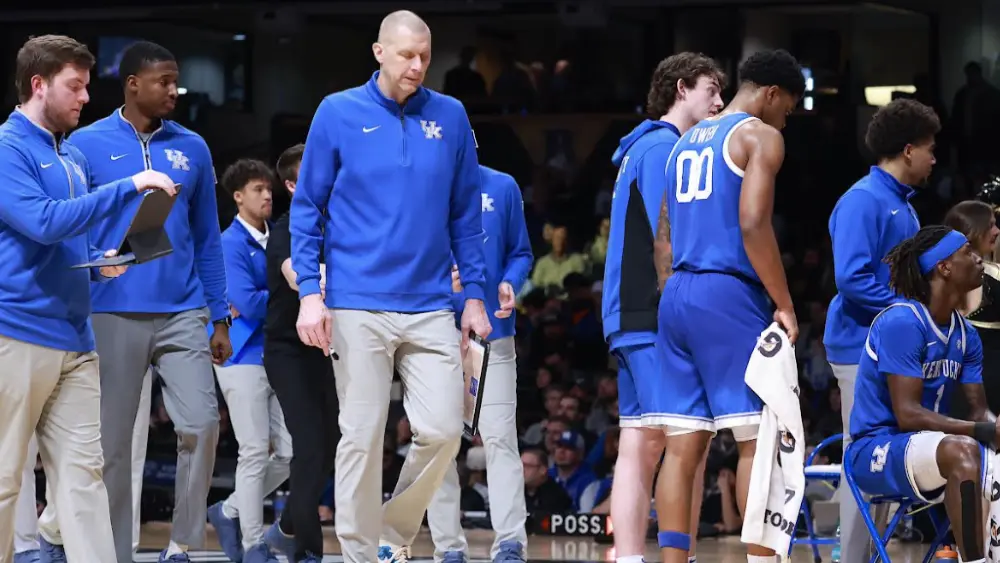
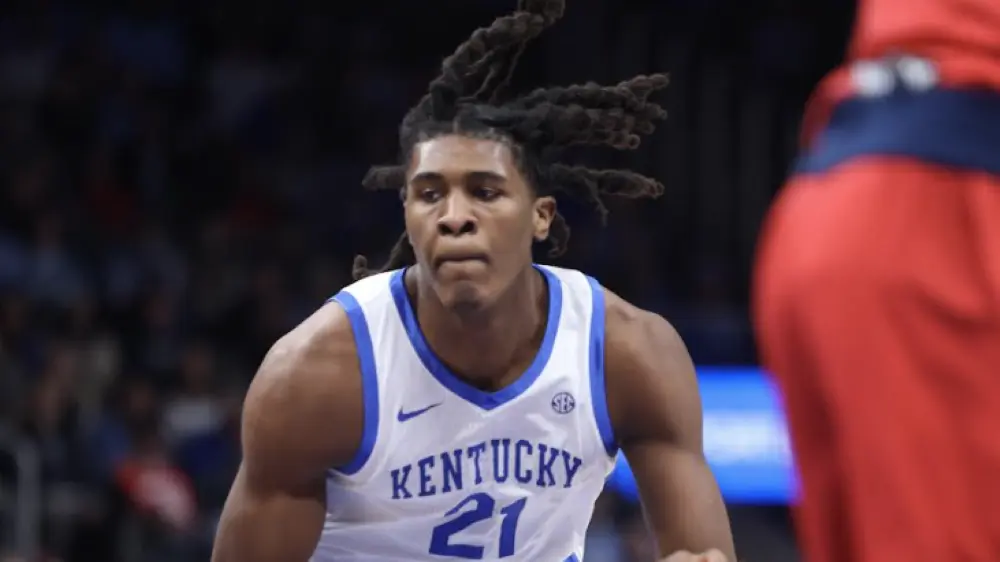
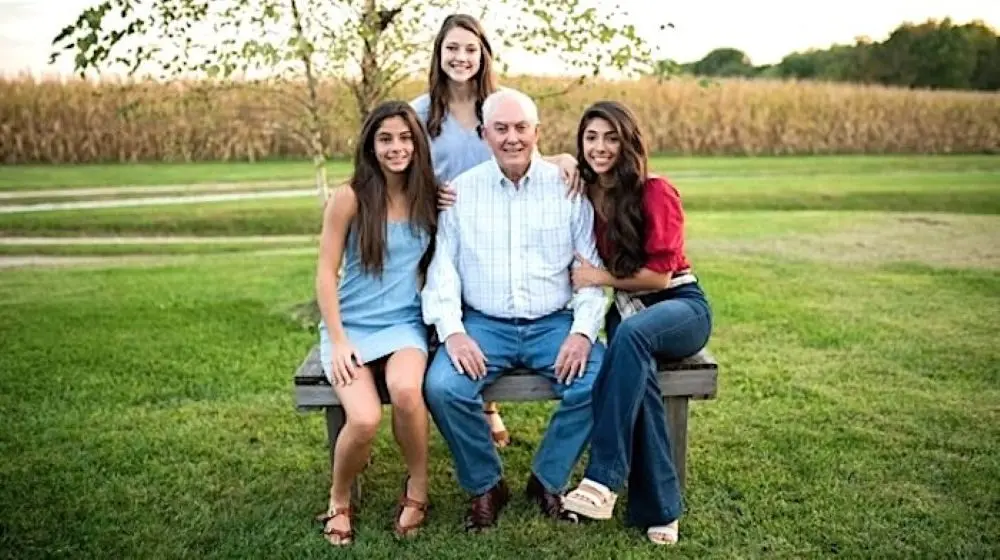
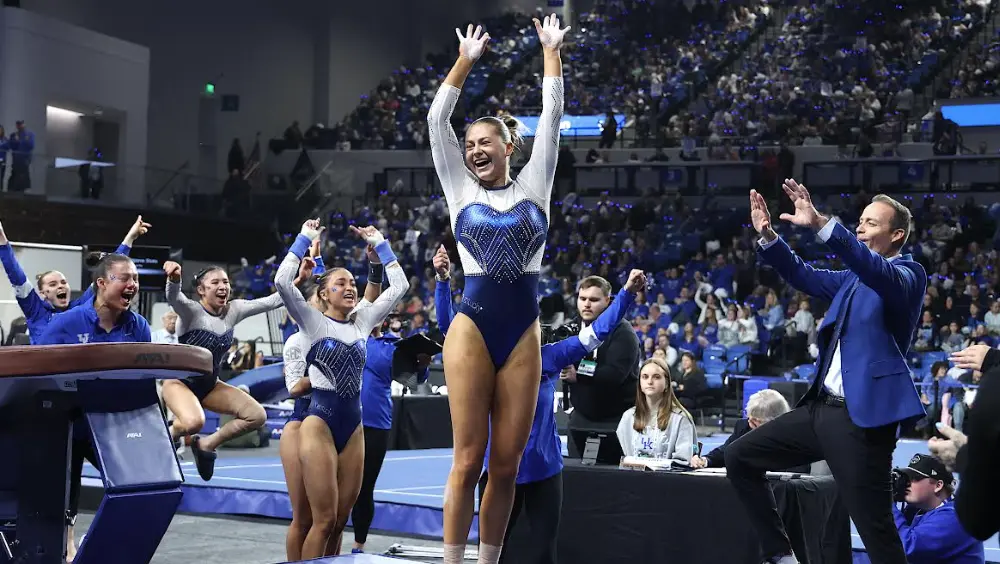
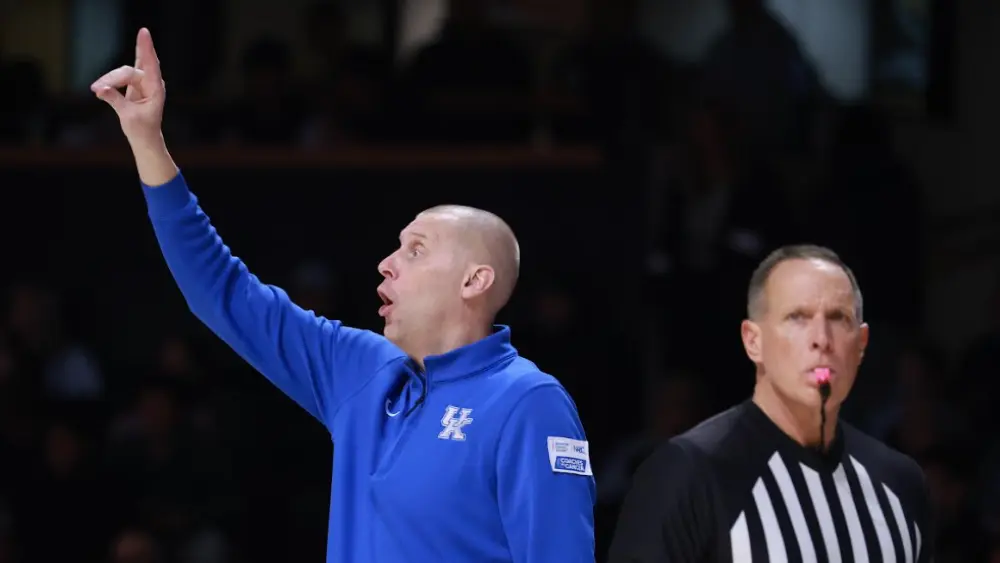
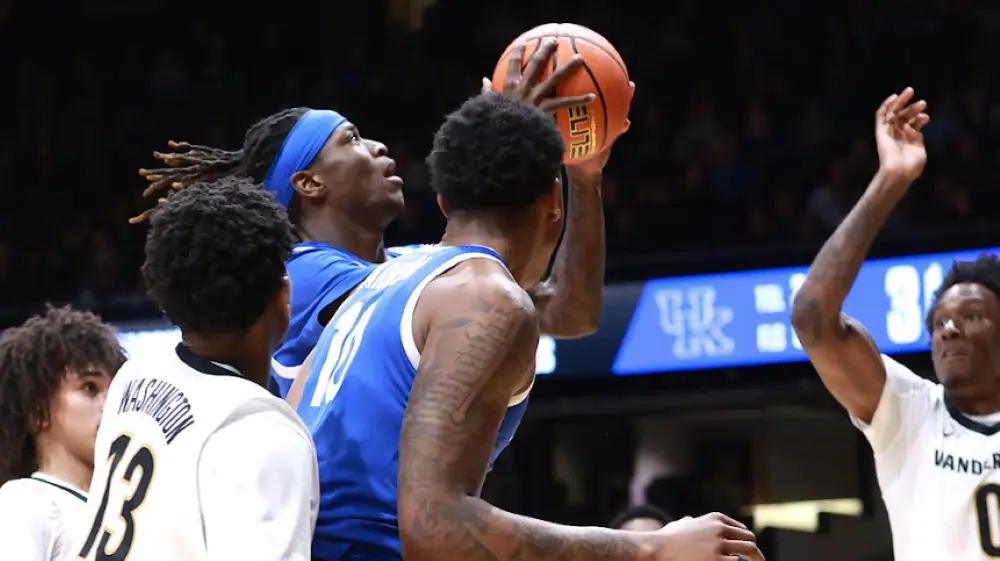
6 Responses
If there is a split in the college ranks based on “Power Conferences” and all others, it would effectively create a minor league for player development. Eventually the best players would be recruited into the Power League.
Uniform, National rules for NIL need to be established, which also means an effective enforcement body needs to be formed. The NCAA has not shown it can handle timely, fair enforcement. One consideration needs to be undertaken. Is NIL meant to be an individual endeavor, or a team endeavor funded by a broad endowment of some kind? Saban talks of treating ever team member fairly because all are needed to be successful. But, isn’t that simply a nice, cordial way of not having to say “slush fund”? Do we really want to grow NIL into contracts with each player? Next, you will get players’ unions. We are on a slippery slope right now.
Sadly, we don’t have as many billionaires as other schools – pretty much a numbers game, West coast has produced the most tech mega money alums. Doesn’t bode well.
Money talks
Big time college athletics have been "all about the money" for a long time, from legendary stories about a recruit finding a sack full of money in a Texas field or $100 booster handshakes to more recent tales of new cars or family homes suddenly being acquired. The prevailing ethic, at least of those who were serious about it, was "if you ain’t cheatin’ you ain’t tryin’." Overlaying this underbelly has been the facade of the student athlete, and the intangible benefits that can be derived from athletic competition — quite a different vision, one supposedly more in line with activities sponsored by an educational institution.
As the money associated with major college sports has grown, so too has common perception of them shifted. Coaches now earn more in one year than most people do in ten, or maybe even during their entire work life. Players, lured by the prospect of similar earnings at the professional level, focus increasingly on enhancing their own career path to the pro’s, which has little to do with "school." And universities, buoyed by the influx of television revenues, now struggle to manage what has become a big, big business, and find themselves talking about athletics increasingly in economic terms — about market share and branding and name recognition and capital investment.
Now NIL comes along, legitimizing what had technically been against the rules and dangling the prospect of big money even closer to players. More than ever, it seems, it is "all about the money," less and less about the other intangibles, or about a connection to Hometown U. Like the pros, it’s a business. In fact, when players now opt out late in a season, that’s how they explain it: It’s a "business decision."
Perhaps the old student-athlete model will continue to work in the so-called minor sports, or in smaller colleges, but it seems harder and harder to maintain in the big time money arena. Of course, those of us fans who feel as though something is being lost amid all the $$$ may have to make our own "business decisions" as well.
Definitely changing times Ron that can be hard to fathom
It is sad but NIL has ruined the games. If that is what the players and politicians want, why not dissolve college sports and change the teams into minor league professional teams patterned after the NFL. After the first year the NFL could draft them out of their leagues if they wanted to. Get them off the campus as teams and if the players really want a college education they could go on their own time and motivation. The universities could rent their stadiums to the minor league teams if they can work it out. The new teams could take the name of the city or state which would tie the support back to the university they came from. This mess can all be traced back to Obama’s statement when he was President, that "college football players should be paid".
Comments are closed.